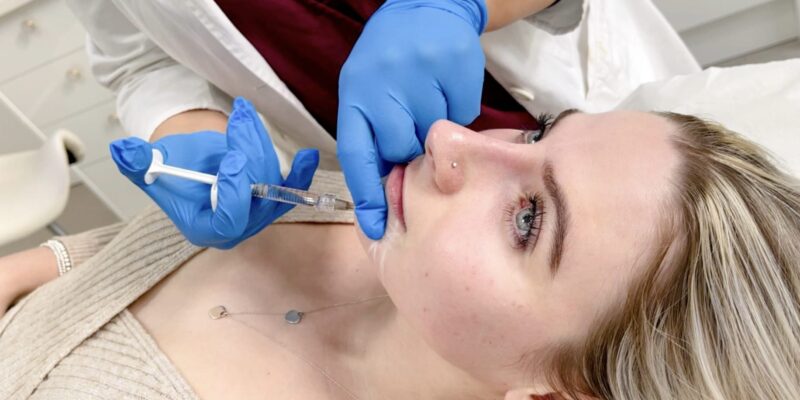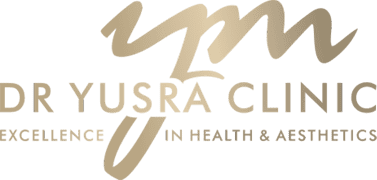Botox and fillers: are you doing your homework?
Posted on 29th August 2021 by Dr Yusra Al-Mukhtar

Dr Yusra discusses the perils of procedures performed by under qualified practitioners
The aesthetics industry can be like the “Wild West”
Too many times I am contacted by patients who have had adverse reactions to cosmetic treatments performed by practitioners who are underqualified and lack the necessary clinical knowledge to provide adequate care. Often these patients have been left with complications and are desperately in danger of long term damage.
Not so long ago, I shared an example of this on social media and the story was picked up by several local & national newspapers. The skin on this particular patient’s nose had begun to rot after she received botched fillers. She could have had life-changing injuries had I not intervened. Shockingly, when the patient contacted the practitioner who performed the original treatment to ask for help, she was blocked by them on Instagram.
This isn’t acceptable.
The aesthetics industry can be like the “Wild West” with many underqualified practitioners out there performing treatments. These people simply cannot legally or technically manage serious complications or provide the necessary aftercare. Those who have no medical background or training are injecting products bought over the internet from questionable sources, transported in questionable ways, with questionable ingredients. They are then injecting patients without the ability to either recognise or manage serious complications.
Last month, Sky News conducted an investigation which found countless instances of “appallingly” poor training in the non-surgical cosmetic treatment industry that is putting patients at risk.
Change is coming
Thankfully, after one too many cases have hit the headlines, the government is taking heed.
The All-Party Parliamentary Group on Beauty, Aesthetics and Wellbeing has recently warned that current situation “cannot continue” and the public is being put at risk.
MPs are recommending that dermal fillers should be prescription only and providers should be legally required to have regulated qualifications in order to perform invasive procedures.
It has been recommended that customers must have a face-to-face consultation with an on-site medical professional before procedures like lip fillers, and any treatment must be overseen by the same practitioner to ensure they can provide remedial treatment if necessary.
I welcome this news.
Why should you choose a practitioner who is medically trained
I am a qualified dental surgeon with a surgical history in facial anatomy. As a regulated healthcare practitioner, I have a commitment to continuous professional development and best practice. I have made an oath to first do no harm. To care for my patients and put their interests above mine. It means as a clinician, I am always on call.
My father, a consultant surgeon, taught me through his own example, where he spent my entire childhood putting his patients’ interests first. My mother, an oral surgeon, taught me to never let the sun set on an emergency. So whilst I’m on “annual leave” they understand why I’m always plugged in, checking, reviewing, communicating or popping in to help not only my own patients but to open my clinic late in the evening to help those patients turned away by others.
Do your research
There is a stark difference between a practitioner with a medical degree and years of postgraduate training who adheres to regulatory body standards and a practitioner with a one-day course in facial aesthetics.
Your safety is in your own hands. Do your due diligence and do not compromise based on price, or on how quickly you can get an appointment. The best practitioners are booked months ahead for good reason.
Whilst with all cosmetic procedures, there are risks associated with treatment; any astute clinician will discuss these risks with you and, importantly, be there for you if anything goes wrong.
For an initial consultation or for advice, please contact us.



